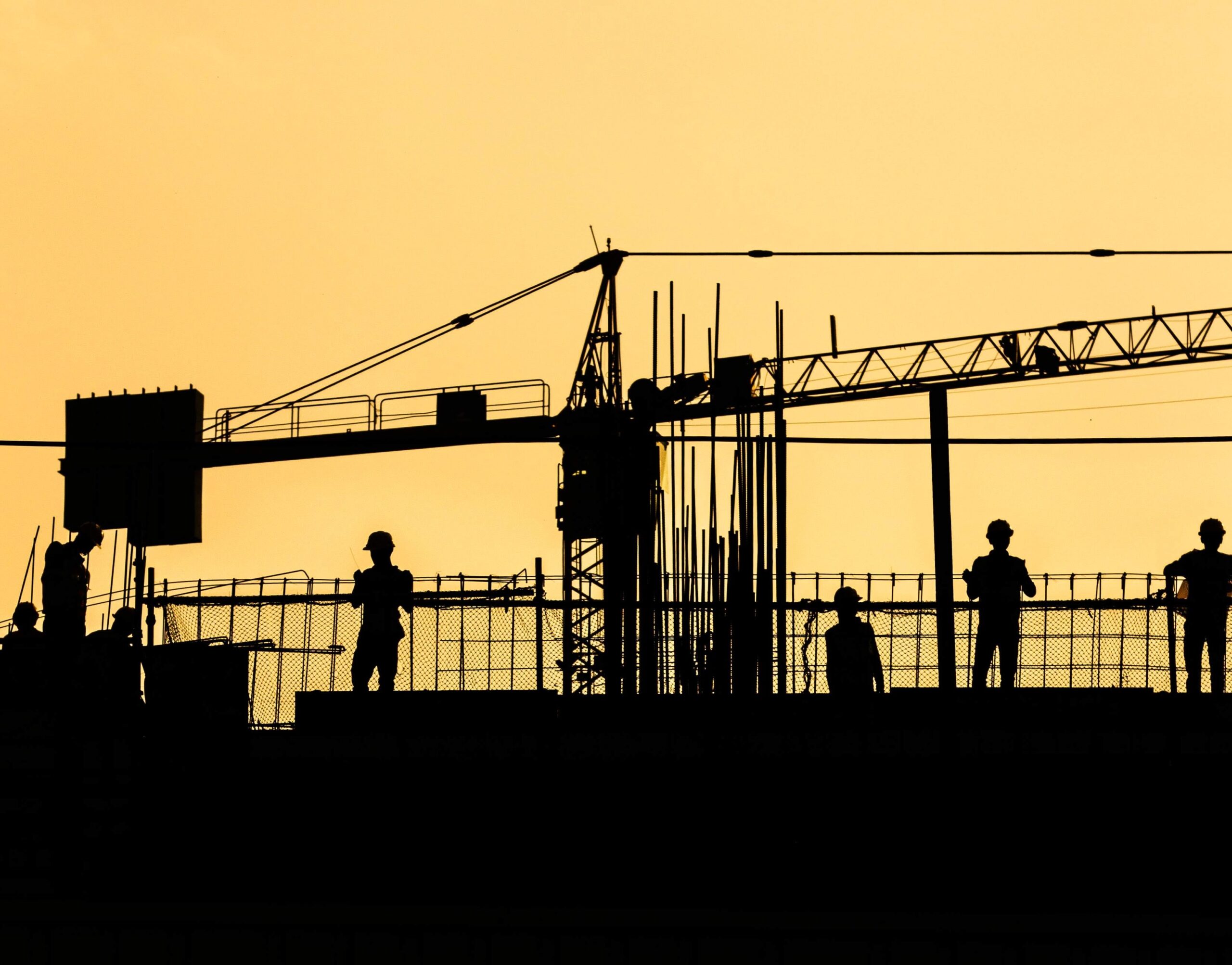In less than five months, the new construction law for ordinary buildings will enter into force. This legislation, collaboratively crafted since 2017 by the current and preceding government, is aimed at creating a fresh foundation for the exercise of state oversight in the construction sector, streamlining the preparatory stages of building projects, and expediting permitting procedures, thereby enhancing the overall construction pace in the Czech Republic.
Fundamental changes brought about by the new legislation
- The updated Building law identifies four primary building categories (small, simple, public infrastructure, and others). The classification of a building project into one of these categories dictates various aspects, including the necessity for an official permit, the requirement for zoning documentation, the authorization for the owner/investor (as a layperson) to carry out construction, or the necessity of engaging a professional builder, and ultimately, whether formal approval from authorities is mandatory before the building can be occupied and utilized.
- The new legislation represents a shift away from the current complex system in which diverse permitting procedures are required based on the building type or project preparation stage. Existing processes such as zoning, permitting, joint procedures, simplified approvals, notifications of building projects, and joint notifications will be substituted by a unified procedure for obtaining permission for a building project. This unified procedure may also be expedited through a fast-track option, subject to the meeting of statutory conditions, including unanimous agreement among all participants for a simplified process.
- The existing system of building authorities system will be improved through the establishment of a dedicated building office for transportation and technical infrastructure projects. The latter will serve as the primary authority for public infrastructures. Simultaneously, the “specialist building” offices will be eliminated, and approval for standard hydraulic structures, roads, and pathways will be transferred to the municipal and regional building offices.
- The permission for specific building projects will continue to rely on binding opinions, statements, and decisions from the involved parties. However, there is a shift in the responsibility to obtain these administrative documents. Instead of the owner/investor, it is now the obligation of the building office to procure these documents as part of the permitting procedure, unless they were already included in the permit application.
- The Act on Uniform Environmental Clearance, enacted concurrently with the new Building Code, brings about a certain level of integration concerning the diverse procedures related to the assessment of building projects from an environmental protection standpoint. Consequently, the majority of binding opinions, statements, and decisions previously issued under nine different laws will be replaced by a standardized environmental clearance.
- The primary envisioned factor for streamlining permitting procedures is digitalization. The new legislation envisions the establishment of a dedicated portal for building principals. This portal would enable owners and investors to engage in one-stop communication through integrated databases outlining and formalizing, for example, the approval process steps, electronic communication tools, and digital technical maps. Yet, the timeline for the fruition of this ambitious digitalization project remains uncertain.
- One last significant modification that will undoubtedly accelerate permitting procedures is the application of the “appellate principle” to the decisional procedures of appellate authorities. Under this principle, if the appellate authority determines that a contested decision issued by the lower instance in the permitting procedure was unlawful or incorrect, it will directly modify the decision (or the relevant part thereof). According to the new Building Code, the appellate building authority will assess the motion for the permit, making a decision on its merits by either accommodating or rejecting it.
Although they are aware of the fundamental changes related to the new code, the construction industry and the legal community are still waiting for the final wording of the by-laws anticipated by the new Building Code.
Different concerns are emerging regarding the new legislation and builders are expressing apprehension about the challenges they have recently faced while familiarizing with the novel requirements. In particular, the chairman of the ČKAIT has the feeling that the final form of the law may even result in the exact opposite of what the amendment aims at. As the draft bill went through the various stages of legislation, it was changed in several ways resulting in a general feeling of chaos in the minds of building authorities which might lead to an extension of permitting processes.
This process prolongation associated with building permits could represent an important issue for the real estate market because of the effects that it could have on the costs of construction of any type of building.
The most significant shortcomings, as identified by builders, lie in two key areas: the implementation of regulations and the whole process of digitization.
One of the main problems is related to the fact that the final wording of the decree containing construction requirements issued by the Ministry of Regional Development has not been prepared yet and the decree is still waiting for notification in the European Union, which is a process that takes several months. Consequently, it is not clear what changes to the requirements will actually take place and when the decree approval will be since, as explained by the head of the JRD, “only the version of the draft decree for comment proceedings is known”. In addition, Ondřej Šťastný, Chief Analyst at Central Group, believes that due to the uncertainty behind digitization and the implementation of regulations, there is a potential risk of challenges in the new construction permit system. In particular, one main concern is about the risk of increasing the degree of shortage of apartments, which has already reached an important level in Prague.
In this context, the Ministry of Regional Development defends the current status of the decree on requirements for construction and the decree on construction documentation affirming that it will come into effect by July 1st, 2024, assuring that the legislative process is evolving according to the approved schedule.
For what concerns digitization, it is widely acknowledged that the digitization of the entire process would be instrumental in accelerating construction management. In practical terms, builders would be required to electronically submit applications for building permits, and building authorities will maintain electronic records of buildings which will be accessible online. However, even in this case, builders express concerns. In particular, the uncertainty surrounding the issue of digitization is exacerbated by a lack of information. Tomáš Kadeřábek, the director of the Association of Developers, has expressed his concerns about it. Without clear details, people start speculating, creating additional uncertainty and consequently making the market unstable. Kadeřábek also believes that these speculations, uncertainty, and fear can damage the long-term credibility of the Czech Republic among residents, entrepreneurs, foreign partners, and investors.
ČKAIT expects that due to previous delays in digitization processes, not all of its possibilities will be used by the beginning of July. Instead, there will be a gradual fulfillment of the task. This is confirmed by the Minister for Regional Development who is in charge of the making of the entire digitization system: “All information about the ongoing proceedings will be available on the Builder’s Portal. After logging in, the user will know exactly what state his proceeding is in. He will see who has already commented on the proposal and have access to all the necessary documents. We will gradually add other functions after the first of July”. The public presentation of the system is expected to take place by the end of April at the Brno Construction Fair and contextually, the Ministry has arranged a series of trainings in each region.
Considering the extensive nature of the amendments, builders will likely seek to make use of the transition period, extending until the conclusion of June 2027. During this time frame, it will still be feasible to submit and, naturally, get approval for projects based on the current regulations. The choice of arrangement rests entirely with the builder.
Sources: https://www.seznamzpravy.cz/, https://bnt.eu/





